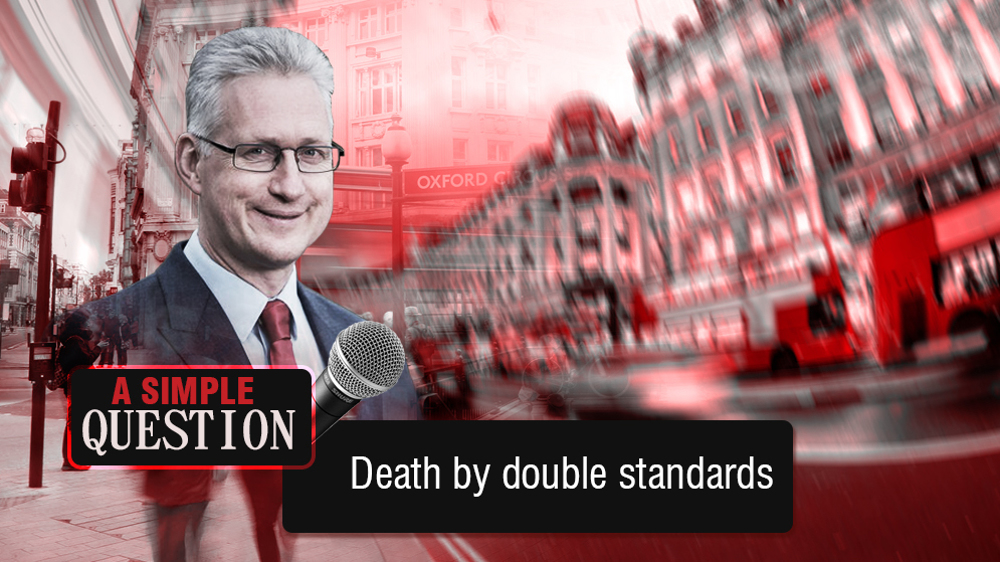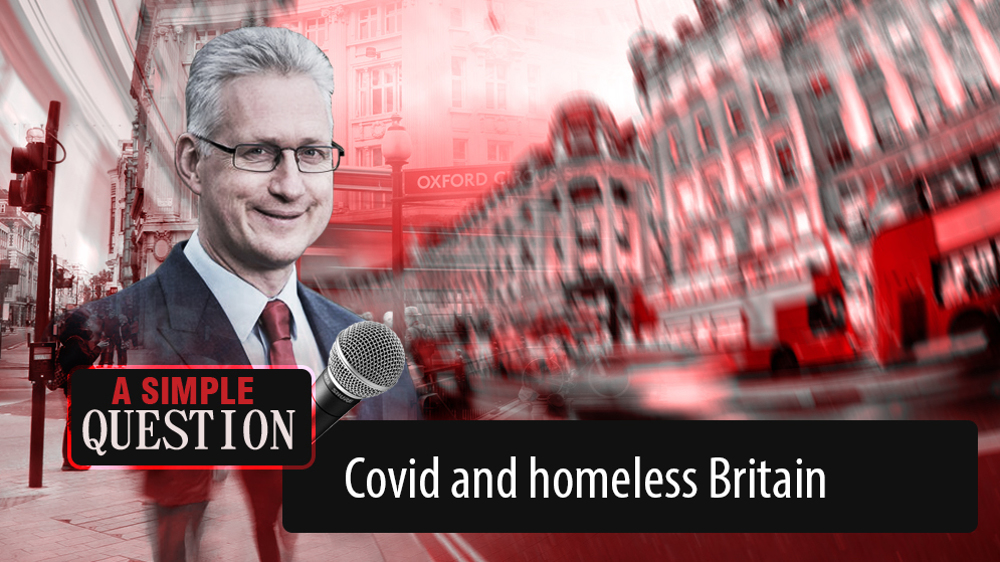How does the world feel about Donald Trump?
US President Donald Trump has pledged to get tough with Iran, warning the Islamic Republic after its ballistic missile test on Sunday that it was playing with fire and all US options were on the table.
The question of how to handle Donald Trump is proving to be a major headache for governments around the world, and there is no agreement on how best to do it. The shared fear, reflected across the international community, is that everything that can go wrong will go wrong.
After braving the White House last week the UK prime minister, Theresa May, was castigated for her allegedly fawning behavior towards the new US president. But the UK government believes, pragmatically, that Trump’s objectionable views and actions, such as his support for torture and his travel ban on seven mainly Muslim countries, must not be allowed to undermine the “special relationship”.
For these hard-headed leaders, the question of how best to handle Trump comes down to how best to flatter, manipulate and then hoodwink him. Some conservative leaders, such as Viktor Orbán in Hungary, have been welcoming, applauding Trump’s America First nationalism and the “end of multilateralism”. They doubtless hope for a political and economic pay-off.
Donald Tusk, the European council president, is so alarmed about what he calls the Trump threat that he has issued an urgent call to EU leaders, who meet in Malta on Friday. The Europeans are not quite at panic stations – yet. But Tusk’s message is plain: “We need to talk about Donald.”
Meanwhile there have been huge protests all over the world, which are indicative of just how divisive Trump is not only in the US but also around the world.
VIDEO | Yemeni forces repel US-British attack, down F-18 Jet
Iran’s capabilities vast; enemy’s ‘maximum pressure’ policies all failed miserably: Senior official
Iran’s economy grew 2.7% y/y in Sep quarter: CBI
VIDEO | Freelancers in Gaza strive to stay online amid genocide
Mikati demands Israel's withdrawal from south Lebanon
Yemeni army strikes Israeli military sites with drones
‘Clock ticking’: UNRWA slams unjustifiable killing of children in Gaza
BP to be sued in Britain for supplying oil to Israel









 This makes it easy to access the Press TV website
This makes it easy to access the Press TV website